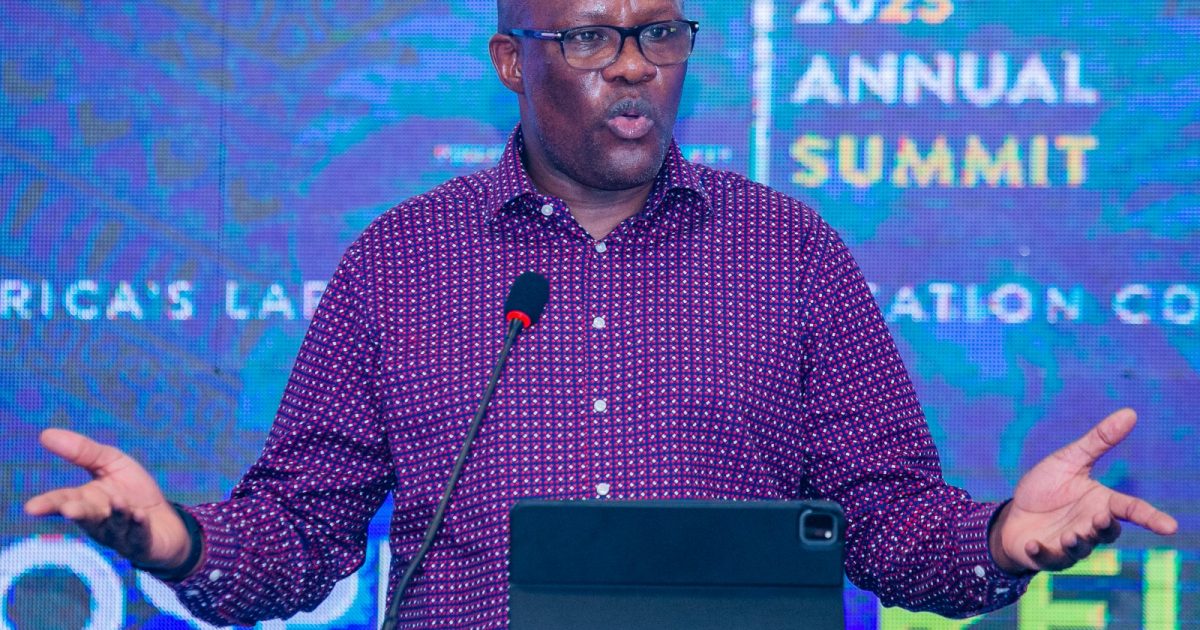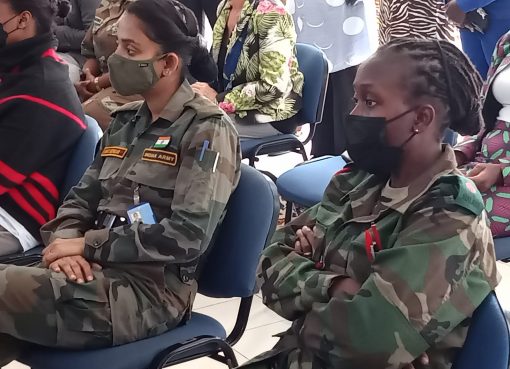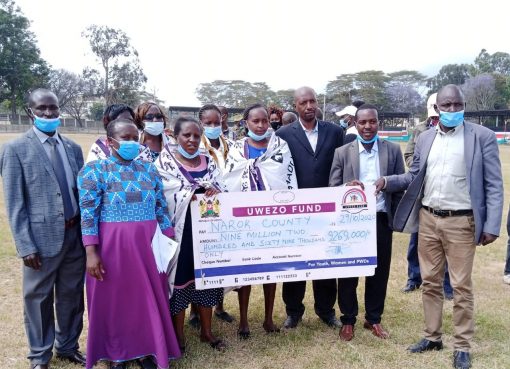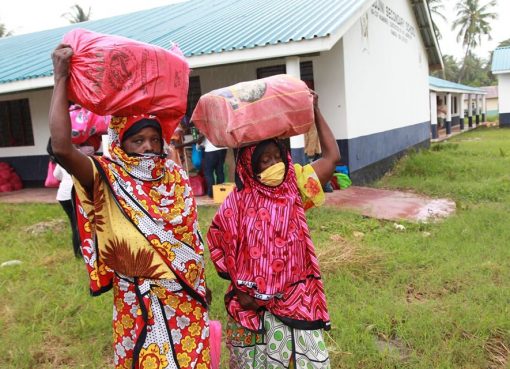Public relations practitioners have been urged to leverage emerging technologies such as Artificial Intelligence (AI) and ChatGPT in order to remain relevant.
Information, Communications, and The Digital Economy CS Eliud Owalo says in the rapidly evolving digital landscape, technology is becoming an essential part of every industry including that of strategic communications and public relations (PR).
Artificial Intelligence is about artificial systems that mimic natural intelligence in some sense, while Machine Learning is a technique used for building Artificial Intelligence-based systems.
AI-powered tools can automate repetitive tasks, analyze complex data, and identify communication trends, freeing up valuable time for practitioners.
On the other hand, ChatGPT is a large language model-based chatbot developed by open AI that enables users to refine and steer a conversation toward a desired length, format, style, level of detail, and language.
Owalo says by learning to leverage emerging digital technologies effectively, PR professionals can unlock new possibilities and opportunities and boost their strategic communication efforts.
He says that the emerging technological landscape in the world presents an opportunity to accelerate inclusive growth across the country.
The CS noted that as artificial intelligence and machine learning takes centre stage in the Fourth Industrial Revolution, PR practitioners have no option but to embrace them for their potential to streamline processes and improve efficiency.
Owalo said the government has prioritized the Digital Super Highway as a key driver for the country’s socio-economic transformation, creation of jobs for the youth, and growth.
The CS made the remarks during the official opening of this year’s Public Relations Society of Kenya (PRSK) annual summit at the Diamonds Leisure Beach and Golf Resort, in Kwale County.
The summit brings together over 600 delegates from Kenya, Tanzania, Uganda, Nigeria, Zambia, the United Kingdom and the United States of America to discuss the latest trends and challenges in the communication field.
The weeklong event, dubbed Africa’s largest communication conference is themed, Retrospect, Reimagine, and Reposition- Adopting agile PR practices to cope with a rapidly disrupted, fragmented, and polarized world.
He says the government is cognizant of the fact that digital technologies if well harnessed would create new economic opportunities and improve the lives of the people.
He says the digital economy is currently being widely acknowledged as one of the key drivers of the global economy.
Owalo says while fibre is one of the fastest-growing internet connection types it is still constrained to urban areas and revealed plans to deploy 100,000 Kms of fibre optic infrastructure across the country to enable Kenyans to benefit from the digital revolution.
The CS said the government is installing over 25,000 Wi-Fi hotspots across the country as part of the digital acceleration programme to extend the internet to remote areas.
Additionally, he disclosed that the government is rolling out 1450 digital hubs and harnessing skills in a bid to create over one million online jobs for the country’s teeming youth.
The digital hubs, dubbed Jitume is a government initiative aimed at providing access to digital skills, e-services and online opportunities to the youth, even as the government hopes that providing the free internet service will in the long run boost connectivity and reduce the cost of internet access.
These initiatives come at a time when over 5000 government services are now available online on e-citizen platforms.
Meanwhile, the government remains committed to using technology to leverage on the digital superhighway leaving no one behind.
“The free Wi-Fi hotspots will enable more Kenyans to benefit from the opportunities the web has to offer,” said Owalo, adding that the government is determined to include everyone in the digital economy with the provision of internet.
Consequently, the free broadband internet connectivity will make it easier for the public to access and apply for government e-services.
On the other hand, the proliferation of public Wi-Fi projects across the 47 counties will unleash an internet revolution in the country and empower ordinary citizens.
“The large-scale free Wi-Fi hotspots will benefit all and sundry, including operators in the small-scale business sector,” added the CS.
On his part, the president of PRSK Arik Karani says the rapid digitalization of media is continuing to revolutionize the public relations industry, thus PR professionals must adapt to the new digital landscape to avoid obsolescence.
Karani said as technology continues to evolve, PR practitioners will need to remain current on the most recent trends and tools in order to remain ahead of the curve.
He said that going into the future, working in public relations will be more concentrated on digital skills and data-driven insights with an increased emphasis on flexibility, agility, and innovation.
By Hussein Abdullahi





